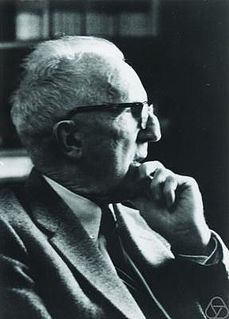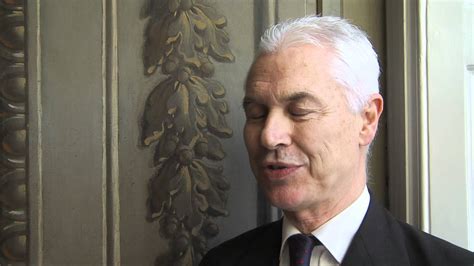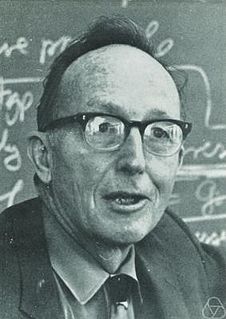A Quote by Marston Morse
But mathematics is the sister, as well as the servant, of the arts and is touched by the same madness and genius.
Related Quotes
Within the universe of the extraordinary, those qualities we designate to human concepts of gender are often shared, exchanged, or even completely obliterated. Because of this mixture of traits, these twins called Genius and Madness often appear to be the same thing. They both have a tendency to blur the lines of what we call norms, or established reality. They both, when we study that grand tapestry known as history and modern-day society, tend to stand out in much bolder relief than other figures. -- from Dancing with Madness, Dancing with Genius
Either I'm a genius or I'm mad, which is it? "No," I said, "I can't be mad because nobody's put me away; therefore I'm a genius." Genius is a form of madness and we're all that way. But I used to be coy about it, like me guitar playing. But if there's such a thing as genius - I am one. And if there isn't, I don't care.
. . . the membership relation for sets can often be replaced by the composition operation for functions. This leads to an alternative foundation for Mathematics upon categories -- specifically, on the category of all functions. Now much of Mathematics is dynamic, in that it deals with morphisms of an object into another object of the same kind. Such morphisms (like functions) form categories, and so the approach via categories fits well with the objective of organizing and understanding Mathematics. That, in truth, should be the goal of a proper philosophy of Mathematics.
The main duty of the historian of mathematics, as well as his fondest privilege, is to explain the humanity of mathematics, to illustrate its greatness, beauty and dignity, and to describe how the incessant efforts and accumulated genius of many generations have built up that magnificent monument, the object of our most legitimate pride as men, and of our wonder, humility and thankfulness, as individuals. The study of the history of mathematics will not make better mathematicians but gentler ones, it will enrich their minds, mellow their hearts, and bring out their finer qualities.
Madness, provided it comes as the gift of heaven, is the channel by which we receive the greatest blessings... the men of old who gave things their names saw no disgrace or reproach in madness; otherwise they would not have connected it with the name of the noblest of arts, the art of discerning the future, and called it the manic art... So, according to the evidence provided by our ancestors, madness is a nobler thing than sober sense... madness comes from God, whereas sober sense is merely human.
There is nothing as dreamy and poetic, nothing as radical, subversive, and psychedelic, as mathematics. It is every bit as mind blowing as cosmology or physics (mathematicians conceived of black holes long before astronomers actually found any), and allows more freedom of expression than poetry, art, or music (which depends heavily on properties of the physical universe). Mathematics is the purest of the arts, as well as the most misunderstood.



































